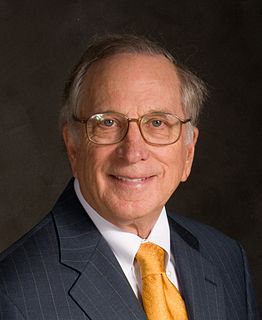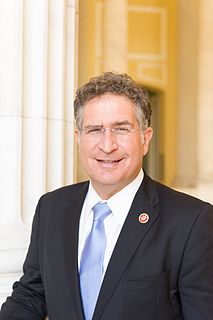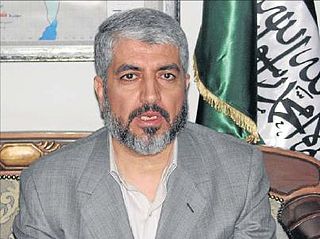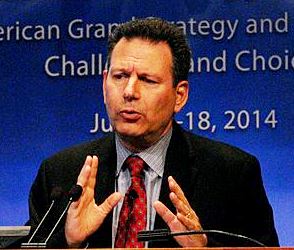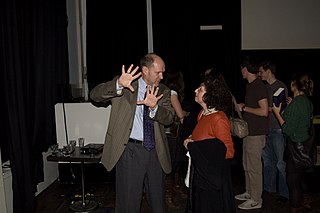A Quote by Ben Rhodes
For more than fifty years, the United States pursued a policy of isolating and pressuring Cuba. While the policy was rooted in the context of the Cold War, our efforts continued long after the rest of the world had changed.
Related Quotes
I think that it's very important to have the United States' engagement in many situations we have around the world, be it in Syria, be it in the African context. The United States represents an important set of values, human rights, values related to freedom, to democracy. And so the foreign policy engagement of the United States is a very important guarantee that those values can be properly pursued.
There is a pervasive mistrust that grew out of the Cold War and still continues today - even though there are a lot more mutual interests between Europe, Russia and the United States than ever before. But the way we organize things today, it takes years to negotiate. By the time you get a result, the technology has far outrun the policy. So we have to start a dynamic, sustainable type of policy deliberations that can catch up with technology.
The world is now unipolar and contains only one superpower. Canada shares a continent with that superpower. In this context, given our common values and the political, economic and security interests that we share with the United States, there is now no more important foreign policy interest for Canada than maintaining the ability to exercise effective influence in Washington so as to advance unique Canadian policy objectives.
Foreign policy always has more force and punch when the nation speaks with one voice. To remain secure, prosperous, and free, the United States must continue to lead. That leadership requires a president and Congress working together to fashion a foreign policy with broad, bipartisan support. A foreign policy of unity is essential if the United States is to promote its values and interests effectively and help to build a safer, freer, and more prosperous world.
What's going to be hard for the United States is that our policy for a long time has been a two-state solution; the Palestinians should have their own state. Now, the Palestinians are going to the U.N. and saying, 'We're having the U.N. vote to say we have our own state. Well, if that's your policy, United States of America, why are you vetoing it?' Which we will do.
While the foreign policy elite in Washington focuses on the 8,000 deaths in a conflict in Syria – half a world away from the United States – more than 47,000 people have died in drug-related violence since 2006 in Mexico. A deeply troubled state as well as a demographic and economic giant on the United States’ southern border, Mexico will affect America’s destiny in coming decades more than any state or combination of states in the Middle East.
A whole series of changes that are in the code, are in the laws of the United States. If Cuba changes its position toward its own people, well then the policy of the United States changes also. That is what I would go after. I believe that many of the changes that this President has made, President Obama, are in violation of that law.
The homestead policy was established only after long and earnest resistance; experience proves its wisdom. The lands in the hands of industrious settlers, whose labor creates wealth and contributes to the public resources, are worth more to the United States than if they had been reserved as a solitude for future purchasers.
I believe the number is 70% of the world's refugees since World War II have been taken in by the United States. Every year, year in, year out, the United States admits more legal immigrants than the rest of the world combined. The United States has granted amnesty before to three million illegals and appears prepared to do it again.



